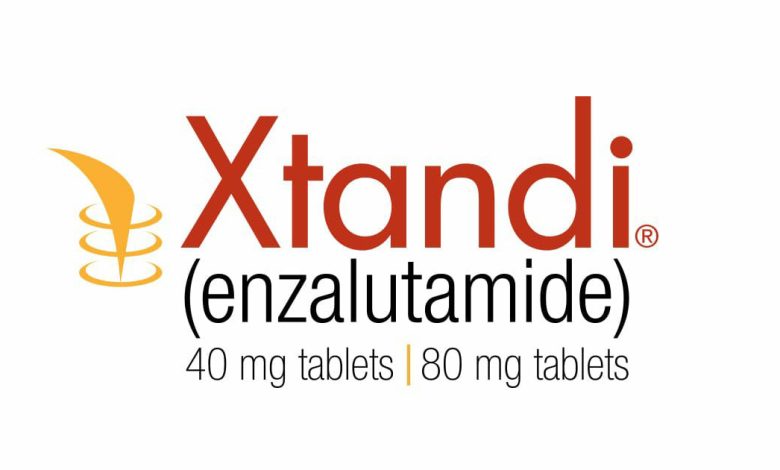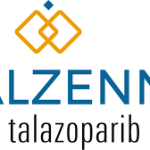EMA Initiates Review of Xtandi for Early-Stage Prostate Cancer, Potentially Extending its Patent Life

The European Medicines Agency (EMA) has initiated a review of Astellas and Pfizer’s prostate cancer therapy, Xtandi (enzalutamide), for its potential use in treating non-metastatic hormone-sensitive prostate cancer (nmHSPC). If approved, this new indication could extend Xtandi’s product life during its remaining patent years.
Non-metastatic hormone-sensitive prostate cancer (nmHSPC) refers to prostate cancer that has not spread to other parts of the body and responds to conventional hormonal therapies. Biochemical recurrence, characterized by an increase in prostate-specific antigen (PSA) levels, can indicate cancer recurrence and affects more than 20% of patients in this category.
The application for Xtandi’s new indication has been validated by the EMA and is intended for nmHSPC patients at high risk of biochemical recurrence who are not suitable candidates for salvage radiotherapy. A decision on this application is expected next year.
The basis for this filing is the EMBARK study, which demonstrated that adding Xtandi to the standard hormonal therapy leuprolide reduced the risk of metastasis or death by 58% compared to leuprolide plus placebo. Xtandi also exhibited efficacy as a standalone treatment, achieving a 39% reduction in the same endpoint.
The EMA is the first major regulatory agency to initiate a review of this new indication for Xtandi. The drug is already approved for treating advanced-stage castration-resistant and castration-sensitive prostate cancer (CSPC and CRPC) and generated approximately $5.9 billion in sales in the previous year. However, its patent protection is set to expire in the EU and Japan in 2026 and in the US in 2027.
Astellas noted that the EMA’s validation of a ‘type II variation’ for Xtandi, though not a full marketing application, addresses a critical need for many prostate cancer patients in Europe.
The data is also under consideration by the FDA and other regulatory authorities worldwide to potentially expand Xtandi’s label to include nmHSPC. The FDA granted priority review status for this indication in August.
Ahsan Arozullah, Astellas’ head of oncology development, emphasized the importance of providing therapeutic options for patients whose cancer may return, even after initial curative treatment. The validation of the type II variation by the EMA represents a significant step toward potentially making Xtandi available to patients in earlier stages of the disease who are at risk of cancer spreading.
This development underscores the ongoing efforts to expand the utility of existing drugs and improve treatment options for cancer patients at various stages of the disease.





